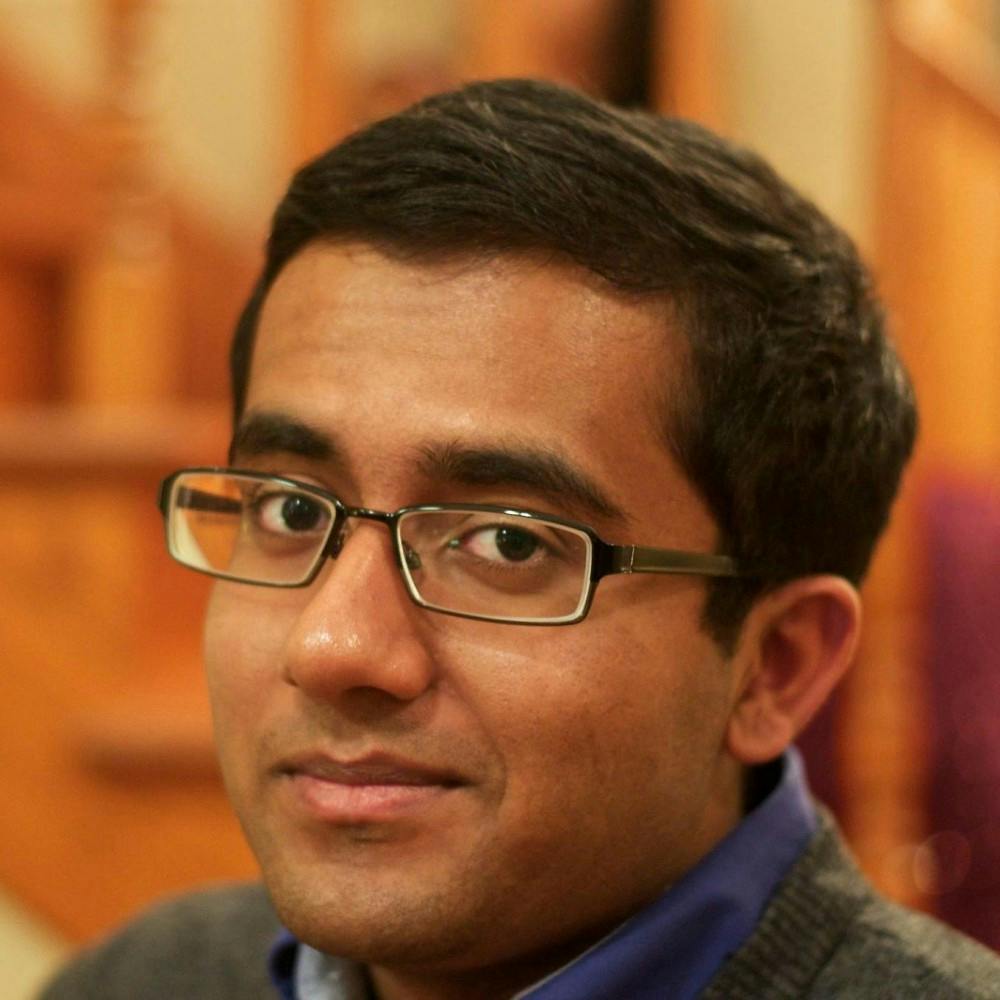You stand in line at Global Fresh, TDR, Subway or pretty much any dining establishment on campus and you see other AU students or perhaps a professor grabbing a quick bite to eat. But you do not see the secret struggles of the student who cannot afford to have a meal plan, or the student who cannot afford to use their meal plan without considering how many swipes they have left. For these students, the thought of where their next meal is going to come from is always on their minds.
The reality is that there are students at AU who are forced to always strictly budget in order to determine where they can get their next meals. Frequently, I have heard peers and even friends say that they could not afford a meal plan and instead would cook on their own. However, what they would cook would not be something healthy or wholesome because of their financial constraints. A meal for them would consist of frozen packaged foods or microwavable foods such as ramen.
One may argue that plenty of college students eat ramen and other similar foods out of convenience because it’s fast to make and saves time -- time being something that college students lack in their busy schedules. But to some, the only affordable choice is packaged and processed foods. In reality, having a meal consisting of ramen or something processed on a daily or periodic basis every week is not nutritious. In high school, I recall federally funded food assistance programs offering reduced price or free meals to students who could not afford to pay for their lunch. But what are we doing in college to help those students and many other food insecure students?
Already, this year George Washington University has started a food pantry that offers free food for students who cannot afford to buy groceries. Other DC area schools, such as George Mason University and the University of Maryland at College Park offer similar services to their students. If these schools are already providing such programs, AU should consider implementing one as well.
The cost of a food pantry at AU could be funded through donations from alumni and corporate sponsors of the school. Furthermore, the food pantry could be staffed with volunteers. Students who are willing to lend a helping hand, especially those who are in organizations like Greek life that require them to incur service hours, could help stock and staff the AU food pantry. Above all, the food pantry at AU would be not just helping food insecure students, but also living up to the ideals of service and responsibility that AU as an institution of learning does its best to instill in students.
As college students, we are told to do well in class by ensuring that we are following a healthy lifestyle and making healthy choices when eating. In my student leadership and mentorship roles at AU, I have encouraged students to make sure that they get enough sleep, plan their course work ahead of time, make a schedule and stick to it and follow a healthy lifestyle. But knowing peers who cannot afford a meal plan or who worry about where their next meal comes from, I find it troubling that this solution is one that so many cannot afford. It’s time for a change and for AU to look into the issue of food insecurity at AU and offer a permanent solution, such as establishing a food pantry.
No AU student, and no one in general, should be forced to choose between a meal or being able to afford other necessities. We sometimes may wish that there were restaurants like Chipotle at AU. But before we even consider adding new restaurants, we need to establish a food pantry so that students do not go hungry.
Sameer Chintamani is a senior in the School of International Service and a columnist for The Eagle.
schintamani@theeagleonline.com





